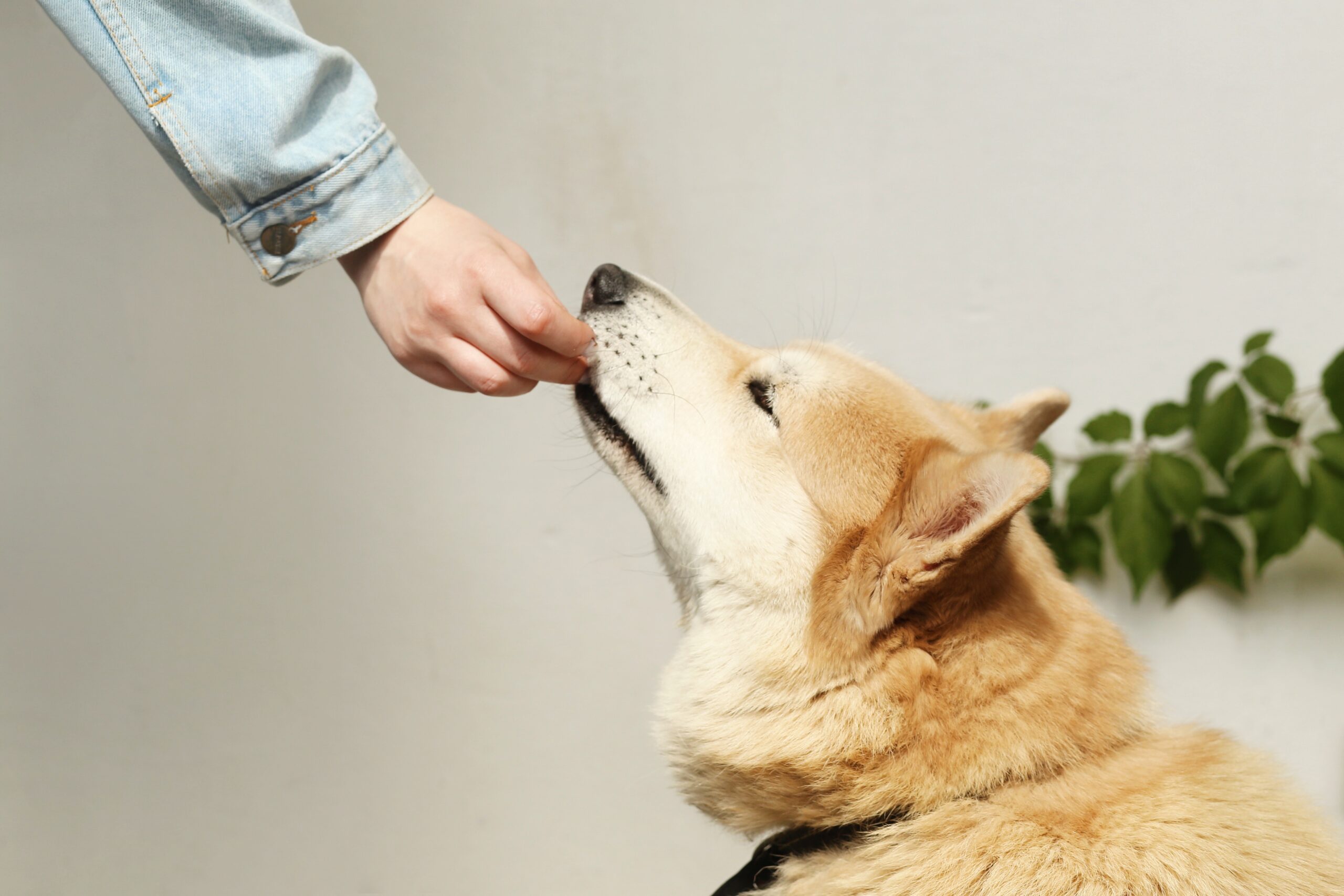
Interview with Dr. Faith Whitehead, DVM, about dog foods have her stamp of approval. Here’s an outlook from a Veterinarian’s point of view when choosing your dog’s food and the food she recommends.
As a veterinarian, dog lovers frequently ask me for advice on the best brands of dog food that are healthy for dogs. But owners also want to think about their budget, so I have to think about the best cheap dog food brands that are also healthy for animals. I always point out there is no “one size fits all” when it comes to dog nutrition and foods, even though I have my favorite veterinarian-recommended dog food brands.
Before changing your dog’s diet, it is best to speak with your veterinarian about his particular needs. The goal is to feed dogs nutritious food that checks all the right boxes and is reasonably priced. Nevertheless, I’ve compiled a random list of 13 dog food brands suitable for most dogs for this article. After that, I’ve also put together a list of wet dog food options if your dog enjoys it.
How to choose the ideal dog food
Before you go shopping, there are a few rules you should abide by to find the best food for your dog.
Think about your dog’s size.
According to Dr. Sheen, formula made for breed size is more crucial for puppy food than adult food. Even so, it’s vital to consider your pup’s size when choosing a food for him, particularly if you’re selecting a dry kibble.
Dr. Sheen continued, “A small-breed food may have a smaller kibble size for adult formulas to make it easier to pick up and chew. It might also contain more calories, meaning a small dog wouldn’t need to consume as much of it to meet daily calorie needs.
Although large-breed adult dog foods may contain additives like joint supplements, the nutritional content of large- and small-breed foods won’t differ significantly.
Select ingredients over nutrients.
Dr. Sheen explained that some dog food brands bolster their packaging with ingredient lists that make the food seem healthier, saying, “Ingredients aren’t as important as the nutrients they provide.”
When looking for a high-quality puppy or adult food, it is best to find a brand that complies with the standards set by the World Small Animal Veterinary Association (WSAVA), she added, rather than focusing on the ingredients. These rules cover quality control, calorie content, and food preparation.
Dr. Sievert also advised that high-quality dog food should include the following nutrients, which can be found on the label: Valine, threonine, tryptophan, phenylalanine, lysine, methionine, leucine, isoleucine, arginine, and histidine are primary amino acids.
- Ideally, 30% of the protein should be lean and come from organ meats like liver, kidney, gizzard, etc.
- Carbs from fruit, vegetables, and rice (pumpkin, squash, kale, and berries are great, too)
- Fiber
- electrolytes such as potassium and sodium chloride
- Chlorine and the vitamins A, B, D, E, and K
- Fish and oils provide healthy fats.
- Minerals
To get a more specialized list of nutrients and ingredients that would benefit your dog’s particular health situation, speak with your veterinarian.
Take into account your preferences.
Dr. Sheen added that selecting the “right” food also requires consideration of pet parents’ preferences. She advised that the WSAVA guidelines help you choose a reputable brand after deciding which feeding style is best for you: canned food, kibble, raw diets, or freshly cooked food.
Ensure that your dog enjoys the food.
Dr. Sheen advised evaluating your dog to see if his food benefits him after four to six weeks. It should be enjoyable for him to eat, be healthy for his skin and coat, aid in weight maintenance, and not cause digestive problems like gas or irregular poop.
How much food does your dog needs
According to Dr. Sievert, there are feeding charts that show how much food to give your dog each day on the back of every bag of dry dog food and can of wet dog food. However, these graphs aren’t always clear-cut and tend to be overly general.
Dr. Sievert explained that excessive feeding would undoubtedly result in unhealthy weight gain if a 20-pound dog sat around all day without any interest in exercise. In contrast, a constantly active dog will likely require more calories than what the lower end of the range would supply.
She continued, “Only you and your veterinarian can accurately determine the number of calories your dog should be getting. Only then can you devise a feeding schedule” (usually two meals per day).
Veterinary-recommended dog food
So, which dog foods do I consider to be best with my fellow veterinarians? Here are the top five dog-friendly foods that veterinarians recommend.